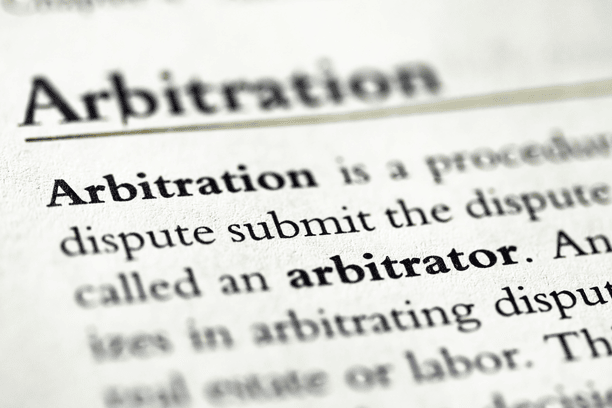Miscellaneous
-

When Systems Fail Millions: Class Action Litigation In Aviation, Railways, And Public Transport Delays
Abstract Transportation and logistics is the lifeline of modern economic frameworks, so any kind of transportation delays, such as flight cancellations, railway delays, metro breakdowns, and road transport accidents etc., have the potential to jolt the economy as well as the general public. The widespread harm caused to individuals, though, seems fragmented, but the commonality…
-

International Sporting Events in the Warming World: Reassessing State Responsibility to Protect Athlete Health
Abstract Every major sporting event claims to be a celebration of human potential. The current air, often saturated with PM₂.₅ concentrations that drift into the nauseous global warming trends, creates a milieu in which even ordinary breathing becomes laborious. Medical research has long warned that such exposure affects oxygen uptake and triggers inflammation within hours.…
-

Recalibrating India’s Insolvency And Bankruptcy Regime | Dr. Parineeta Goswami writes
The Insolvency and Bankruptcy Code, 2016 (“IBC”) is widely hailed as one of the most transformative economic legislations of modern India. Designed to consolidate fragmented insolvency laws into a unified framework, it sought to ensure time-bound resolution of distressed assets, maximize value for creditors, and improve the ease of doing business.[i]Nearly a decade later, the…
-

The evolution of the Real Estate Market in India
Abstract The Indian Real Estate Market has been a volatile market that has seen ups and downs for one or the other reason. At times, it has seen situations where either the developer of a project is unable to complete the project on time or where even after completion, buyers are facing issues on account…
-

Passive Euthanasia in India: Toward a Streamlined, Technology Driven Protocol – With Reflections from the UK Experience | Justice K. Kannan writes
Justice K. Kannan (Retd.), is a former HC Judge and author of the book: Medicine and Law, (2025) 2nd edn, Thomson Reuters. Available at: https://amzn.in/d/02RUSmj https://bharatlawhouse.in/… I. Introduction: Legal Foundations and Judicial Milestones India’s legal journey on end-of-life care has evolved gradually, beginning with cautious judicial forays into passive euthanasia and advancing toward the promise…
-

Justice Deferred: The Quiet Crisis of India’s Dispute Resolution System | Adv. Talha Abdul Rahman writes for Virtuosity Legal
Justice in a democracy is not an optional service—it is a foundational promise. Yet, the Indian legal system today reflects a sobering contradiction: while there is abundant enthusiasm for alternatives like arbitration and specialized commercial courts, there is conspicuous neglect in strengthening the primary public system of dispute resolution. The result is a fragmented legal…
-

Financial Orders On Divorce: Should It Not Be A Win-Win Situation?
The above-mentioned question suggests that normatively financial orders should strive towards ensuring that parties have neither gained nor lost financially as a result of the relationship. This is premised on the assumption that financial orders in fact in the first place, can ensure parity between parties. This assumption is sought to be challenged through this…
-

The Forest Amendment Act 2023: A Constitutional Challenge to Tribal Rights
Abstract The Forest Conservation Amendment Act, 2023, represents a fundamental shift in India’s forest governance framework, transforming it from a conservation-focused regime to a development-facilitating mechanism that systematically excludes forest-dwelling communities from decision-making processes. This analysis examines how the Amendment’s key provisions—territorial exemptions through arbitrary cut-off dates, blanket permissions for development activities, and expanded administrative…
-

Legal Dilemmas in Health Data Protection in India
Abstract Data protection has occupied a major space in legal discussions. This emerging field of law does not only guarantee the fundamental right to privacy as held in K.S. Puttaswamy v. Union of India, but it also guarantees the evolution of this right. This evolution extends to the special treatment of health-related data of individuals.…
-

Emergency Arbitration In India: A Way Forward
Introduction These powerful words capture the very spirit of legal reform. In today’s fast-paced commercial landscape, the need for swift, enforceable, and efficient dispute resolution mechanisms has never been more pressing. Emergency arbitration has emerged as a crucial mechanism within the international arbitration landscape, allowing parties to obtain urgent interim relief before the constitution of…
